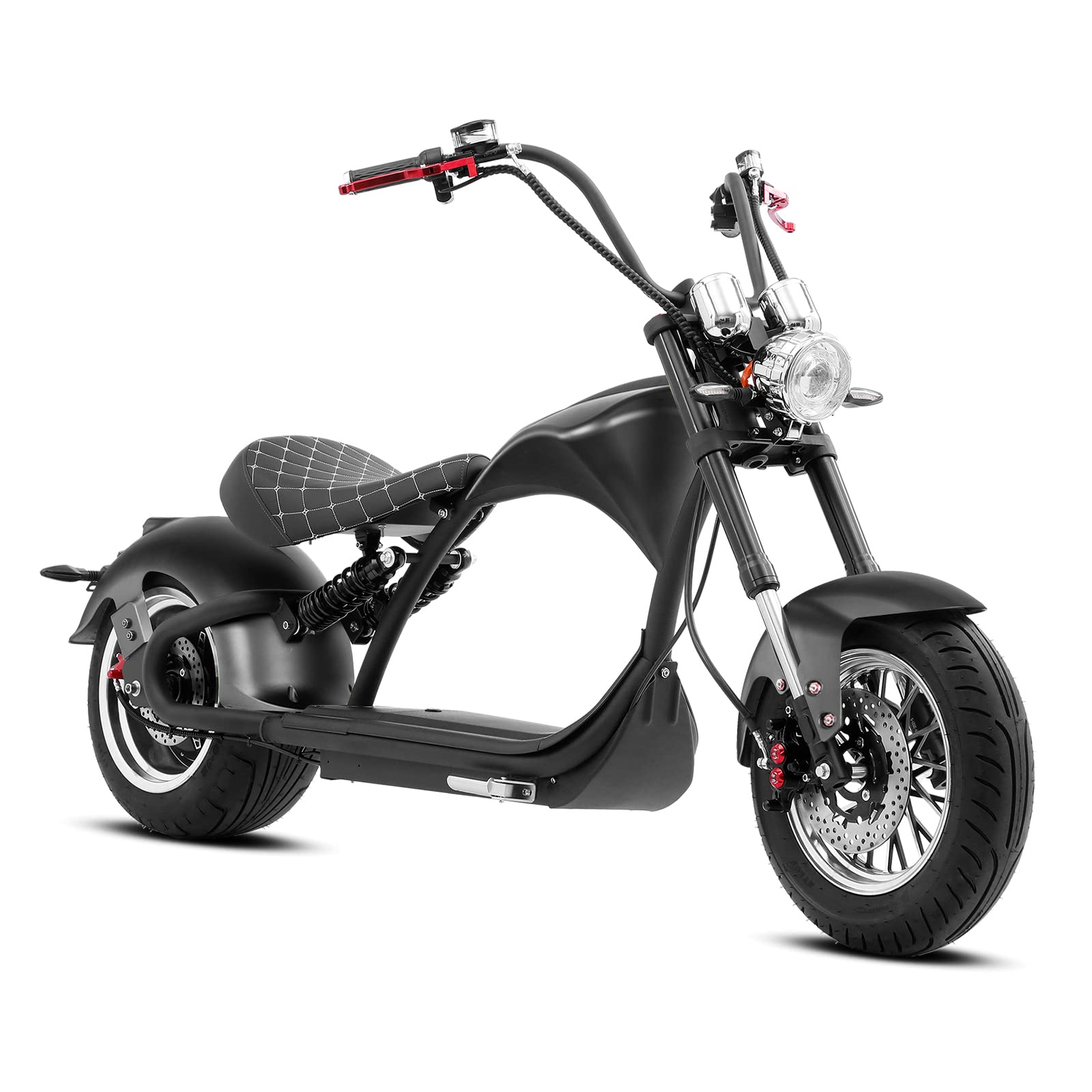Florida Motorcycle Insurance Requirements
Navigating the terrain of Florida motorcycle law reveals a unique stance on insurance for riders. While insurance is not mandatory to register a motorcycle, the law upholds riders’ accountability for any accidents they may cause.

State Specific Laws and Rider Requirements
In Florida, motorcycle riders need not insure their bikes as car drivers do. Yet, they must show the ability to cover up to $10,000 in medical benefits in the event of a crash. This financial responsibility might come from their health insurance or a policy dedicated to motorcycle coverage.
Penalties for Uninsured Riders in Accidents
Riding uninsured carries risk. If an uninsured biker is at fault in an accident, they may face dire consequences. Their driving privileges could get suspended, and they might have to pay fines. More so, they would likely bear the full cost of damages out-of-pocket, a potentially devastating financial burden. Thus, while it’s not a legal must, getting motorcycle insurance in Florida is a prudent decision for every rider.
The Risks of Riding Uninsured
Choosing to ride a motorcycle without insurance in Florida may seem cost-effective initially, but it carries substantial risks. The absence of coverage can lead to significant financial and legal problems if an accident occurs. Understanding these risks can help riders make informed decisions about insurance.
Financial Implications After Accidents
Riding uninsured in Florida exposes you to severe financial risks, especially if you’re at fault in an accident. Florida law does not require motorcycle riders to have insurance. However, riders must still prove they can cover potential damages. Failing to have insurance often means you will have to pay for all damages from your pocket. These costs can include medical bills, repairs, or compensations for other parties involved. Without insurance, these expenses can be overwhelming, potentially leading to debt or financial instability.
Legal Consequences For Riders Without Insurance
Uninsured riders also face legal repercussions if involved in an accident. If an uninsured rider is at fault, the law may impose various penalties. These might include the suspension of their driving license and registration. They could also face hefty fines or legal suits, which could further strain their finances. In Florida, demonstrating financial responsibility is crucial. Thus, going without insurance not only risks your financial health but also your legal standing and ability to ride.
Benefits of Having Motorcycle Insurance
The choice to secure motorcycle insurance in Florida, while not mandatory, offers peace of mind and protection. It stands as a safety net, providing important benefits for riders.
Coverage in Case of Accidents with Uninsured Drivers
Motorcycle insurance is a smart move, considering Florida’s rate of uninsured drivers. Without insurance, an accident with an uninsured driver could leave you facing steep costs. Motorcycle insurance steps in, covering injuries and damages, even when the other party lacks coverage. This helps you avoid out-of-pocket expenses that could be financially draining.
Financial Protection Against Damages and Injuries
Insurance acts as a financial shield in accidents. It covers repairs, medical bills, and even legal costs if you’re sued. This protection is crucial. It safeguards your savings and assets from the unexpected. Having motorcycle insurance means less worry about the financial hits from possible accidents. It secures your financial stability, allowing you to ride with confidence.
Understanding No-Fault Laws and Their Impact on Riders
Florida’s no-fault insurance system is designed to reduce the need for legal battles over blame after a car accident. However, this system applies differently to motorcyclists compared to car drivers, influencing how riders must approach insurance and compensation after an accident.
Difference in Protection Between Motorcyclists and Car Drivers
Car owners in Florida are required to carry Personal Injury Protection (PIP), which covers medical expenses regardless of who was at fault in an accident. In contrast, motorcyclists don’t have access to PIP. This lack of no-fault protection means motorcyclists must often seek compensation for injuries and damages directly from the at-fault party.
Without PIP, motorcyclists face higher out-of-pocket costs following an accident. They must either turn to their health insurance or pay from their savings. The difference in laws highlights the importance of dedicated motorcycle insurance for riders, as it can provide critical coverage that PIP offers to car drivers. As such, motorcyclists should consider insurance policies that include medical payment options and uninsured motorist coverage.
How No-Fault Laws Affect Motorcycle Injury Claims
In no-fault states like Florida, car drivers often settle minor accidents through their PIP. But since motorcyclists lack PIP benefits, they are entitled to pursue legal action against the responsible party to recover costs. This can lead to more frequent and complex injury claims for riders. Motorcycle injury claims might involve negotiation with insurance providers or legal proceedings to seek adequate compensation.
Since motorcyclists need to prove the other driver’s fault to receive a payout, it is vital they gather evidence at the accident scene. They should also report the incident to their insurer promptly and consider hiring a personal injury attorney with experience in motorcycle accidents. These steps can aid in building a strong injury claim, compensating for the protection disparity between riders and car drivers.
Options for Proving Financial Responsibility
In Florida, riders have multiple strategies to prove financial responsibility, which is essential in case of an accident.
Liability Insurance Coverage
Liability insurance is a common approach to meeting financial responsibility requirements. It covers costs if you are at fault in an accident, helping you manage potential expenses like medical bills and property damage. For many riders, this insurance is a straightforward choice to safeguard against the steep costs of accidents.
Alternatives to Traditional Insurance Methods
For those seeking alternatives to standard insurance, Florida law provides options. Riders can obtain a self-insurance certificate or deposit $30,000 with the state. These methods prove you can cover another person’s injuries if you cause an accident. Selecting one of these alternatives requires understanding their specific prerequisites and ensuring you meet them. Always consider the long-term impact of the choice you make regarding financial responsibility as a rider.
 Safety Measures and Legal Exceptions
Safety Measures and Legal Exceptions
Navigating Florida’s roadways on a motorcycle demands not only skill but a keen understanding of the state’s safety laws. Even with peculiar insurance requirements, riders must not ignore the protocols set for their protection.
Helmet Laws and Insurance in Florida
In Florida, riders over 21 may choose not to wear a helmet. This is only if they carry at least $10,000 in medical insurance for motorcycle-related injuries. This law encourages motorcyclists to either protect themselves physically with a helmet or financially with insurance. Even though insurance is not mandatory, wearing a helmet is always a wise choice. It is a critical safety measure that reduces the risk of severe head injuries.
Importance of Protective Gear and Safety Protocols
Beyond helmets, wearing proper protective gear plays a key role in a rider’s safety. Gear like jackets, gloves, and boots can shield riders from injuries. Florida’s bright sun and sudden rain showers add risks to riding. High-quality gear, coupled with safe riding practices, works to mitigate these risks. Riders should stay visible, ride defensively, and always follow traffic laws. Staying safe is not just about following legal requirements. It is about making smart choices to protect oneself on the roads. Motorcycle riders bear a greater risk on the roads, making safety gear and protocols not just a legal matter, but a personal safety priority as well.
Steps to Follow If Involved in a Motorcycle Accident
Riding a motorcycle in Florida comes with its own set of risks. If you meet with an accident, it’s crucial to know the correct steps to take immediately after.
Immediate Actions to Take Post-Accident
When an accident occurs, your safety is the priority. Here’s what you need to do right away:
- Check for injuries: Prioritize your health and that of others involved.
- Move to safety: If you can, move yourself and your motorcycle off the road.
- Call 911: Report the accident to the authorities, even if it seems minor.
- Document the scene: Take photos of the accident site, your bike, and any injuries.
- Exchange information: Get details from the other driver, including their insurance.
- Look for witnesses: If anyone saw the crash, ask for their contact information.
These steps are vital in safeguarding your well-being and supporting any future claims.
Legal and Medical Steps for Ensuring Compensation
After addressing immediate concerns, focus on legal and medical actions:
- Seek medical attention: Visit a doctor to diagnose and document any injuries.
- Notify your insurance: Inform your insurer about the accident as soon as possible.
- Keep records: Save all medical reports, receipts, and correspondence related to the crash.
- Consult a lawyer: Consider talking to a personal injury attorney experienced in motorcycle accidents.
- Follow up: Ensure you complete any recommended medical treatment and legal advice.
These steps are crucial for getting the compensation you deserve and for your recovery journey.
Choosing the Right Insurance Policy
Having the right insurance policy in Florida is crucial for motorcyclists. It’s about balancing cost, coverage, and peace of mind. Riders should attentively evaluate their options before choosing a policy.
Evaluation of Different Insurance Options
Look for motorcycle insurance that meets your needs and budget. Consider the minimum $10,000 medical coverage Florida requires. But, don’t stop there. Evaluate policies that offer more, for better protection. Weigh options for liability, collision, and comprehensive coverage. Check for uninsured motorist protection too. It’s crucial, given Florida’s high rate of uninsured drivers. Compare quotes from several insurers. Factor in their customer service and claim process efficiency.
Tips for Motorcyclists on Selecting Appropriate Coverage
When selecting coverage, consider these tips:
- Assess your risk: Reflect on how often you ride and where you travel.
- Understand policy limits: Know what the policy covers and doesn’t cover.
- Consider additional protection: Think about coverage for theft, weather damage, and gear.
- Ask about discounts: Many insurers offer reductions for multiple policies or safe riding.
- Read the fine print: Be sure to grasp all terms and conditions in the policy.
Choosing the right motorcycle insurance policy in Florida is not just about following the law. It’s about ensuring you can ride with financial security and peace of mind.
 Conclusion
Conclusion
In conclusion, understanding whether you have to have insurance on a motorcycle in Florida is vital for compliance with state laws and for protecting yourself financially. While liability insurance is mandatory, opting for additional coverage, such as collision and comprehensive insurance or uninsured/underinsured motorist coverage, can significantly enhance your protection. Without adequate insurance, riders face serious legal repercussions and financial risks, making it crucial to evaluate your personal circumstances and shop wisely for coverage that suits your needs. To recap, do you have to have insurance on a motorcycle in Florida? Yes, you must carry the minimum liability insurance to legally ride on the roads.
